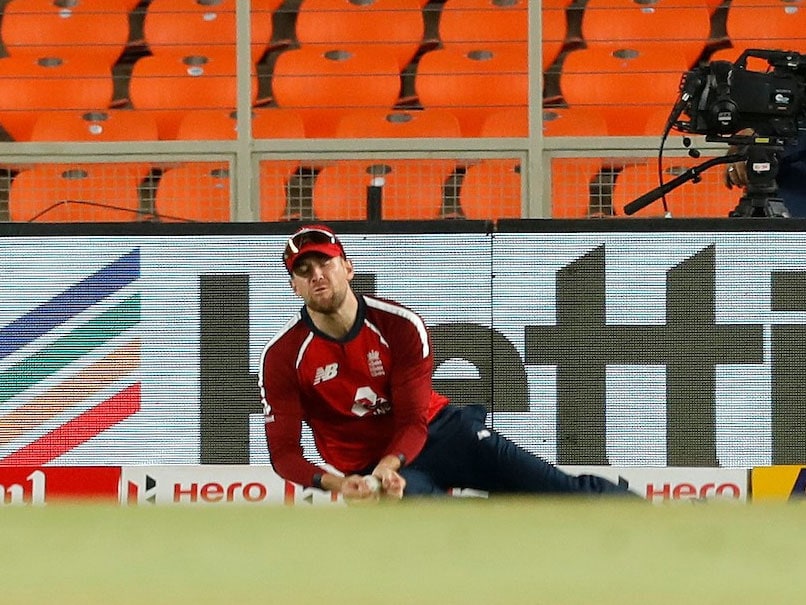
The controversial ‘umpire’s call’ will remain a part of the decision review system, the International Cricket Council’s board ruled on Thursday, but made some changes to the current DRS protocol. While being called “misleading” by India’s captain Virat Kohli, the umpire’s call has been the subject of controversy for some time. According to the current rule, 50 per cent of the ball must be held to be LBW to at least one of the three stumps in case the umpire is not challenged with a call out.
“The Umpire call had an excellent discussion by the Cricket Committee and analyzed its usage in detail,” said Anil Kumble, the head of the ICC cricket committee and former Indian captain Anil Kumble, in a statement issued after the end of board meetings on Wednesday.
“The principle underlining the DRS was to correct obvious errors in the game, while ensuring the umpire’s role as a decision maker on the field of play … allows the umpire’s call to do so Allows, that’s why it’s important. “He added.
Kohli had argued that if the ball is to be hit with a stump, even if marginally, the batsman should be declared out.
The ICC made three minor changes to the DRS and third umpire protocols. The ICC stated, “For LBW reviews, the height margin of the wicket zone will be raised from above the stump to ensure the same umpire’s call margin around the stump for both height and width”.
This means that the review, which has so far covered the base of the bell, will extend to the top of the bell, effectively increasing the height of the wicket zone, analyzing the trajectory of the ball.
A player will also be able to ask the umpire whether a genuine attempt has been made to play the ball before deciding to review the LBW’s decision.
“The third umpire will check for any short run replays that have been called and correct any errors before the next ball goes bad.”
It was also decided that the interim COVID-19 regulations introduced in 2020 to allow international cricket to resume would be followed.
Promoted
This means that home umpires will be asked to perform games where neutral umpires were previously required and sanitation protocols such as a ban on saliva will continue.
The ICC release said, “The committees noted outstanding performances by domestic umpires over the past 9 months, but neutral circumstances encouraged more extensive appointment of neutral panel umpires whenever the circumstances were,” he said.
Topics mentioned in this article
.
Leave a Reply